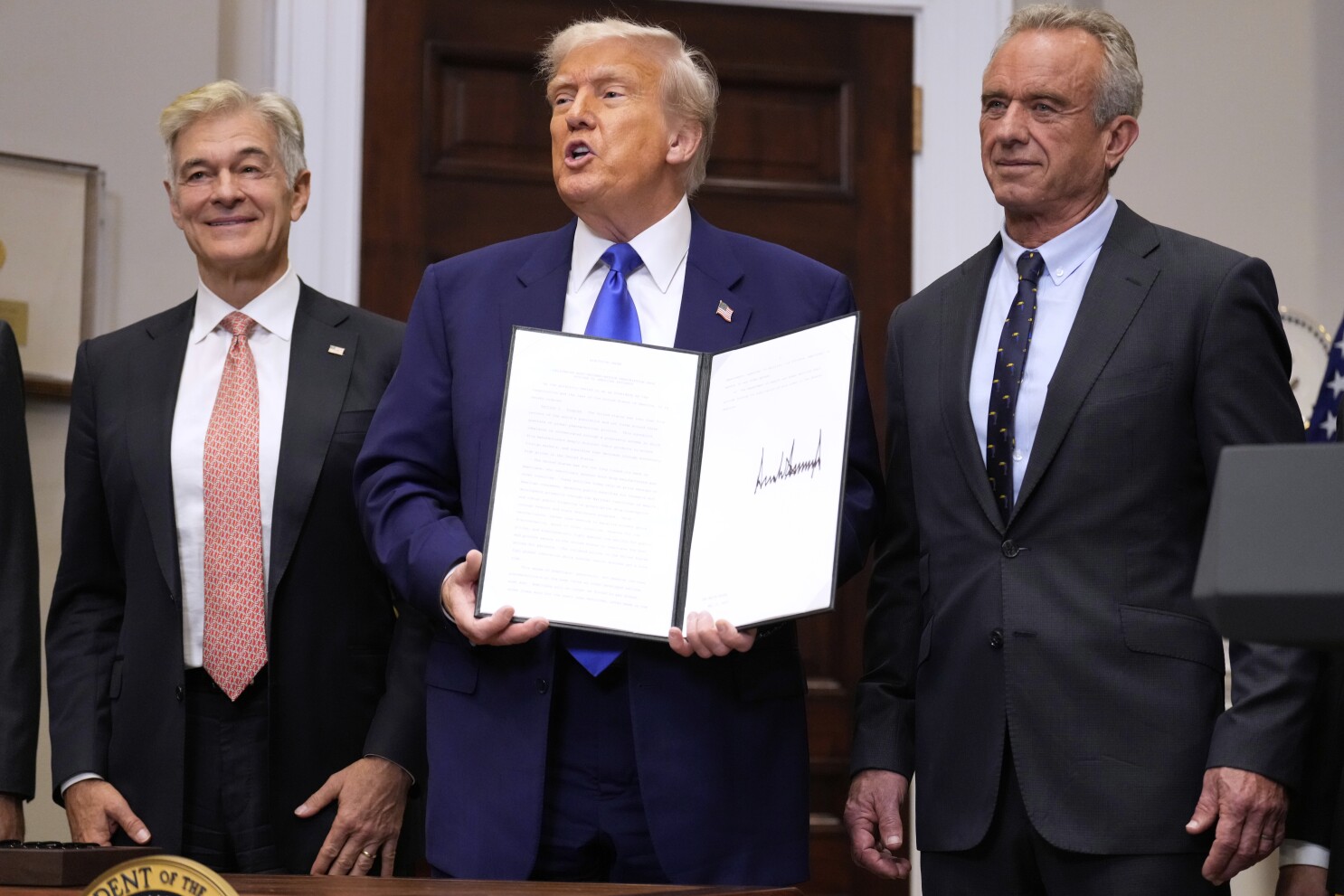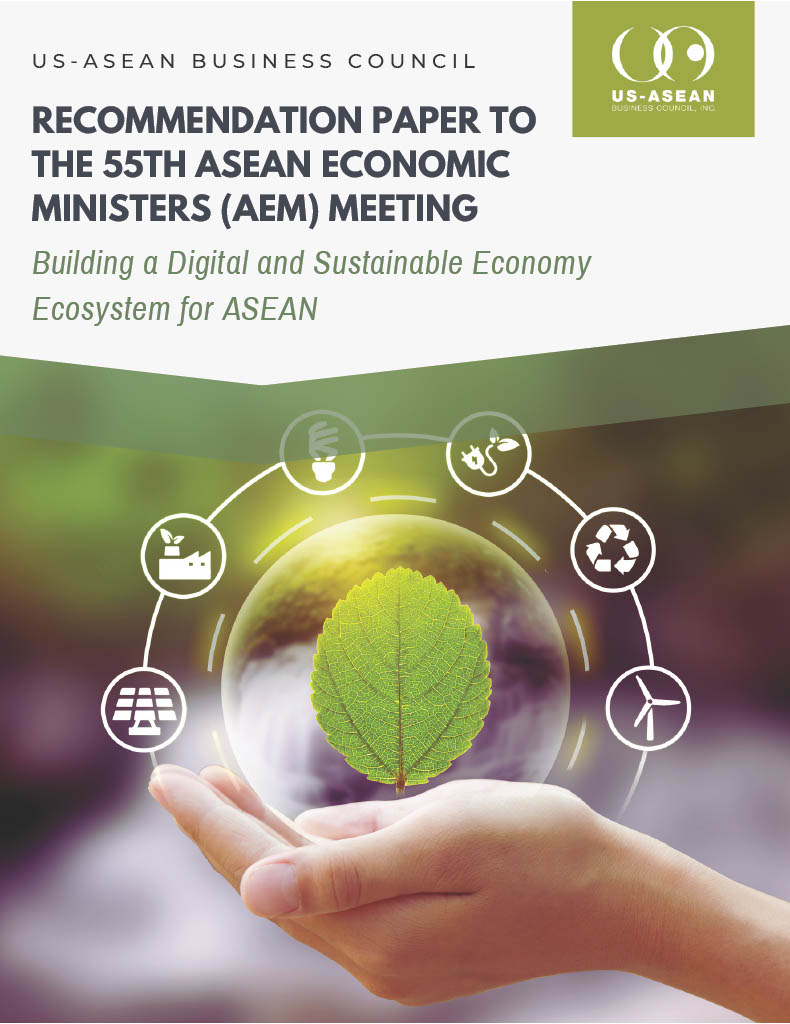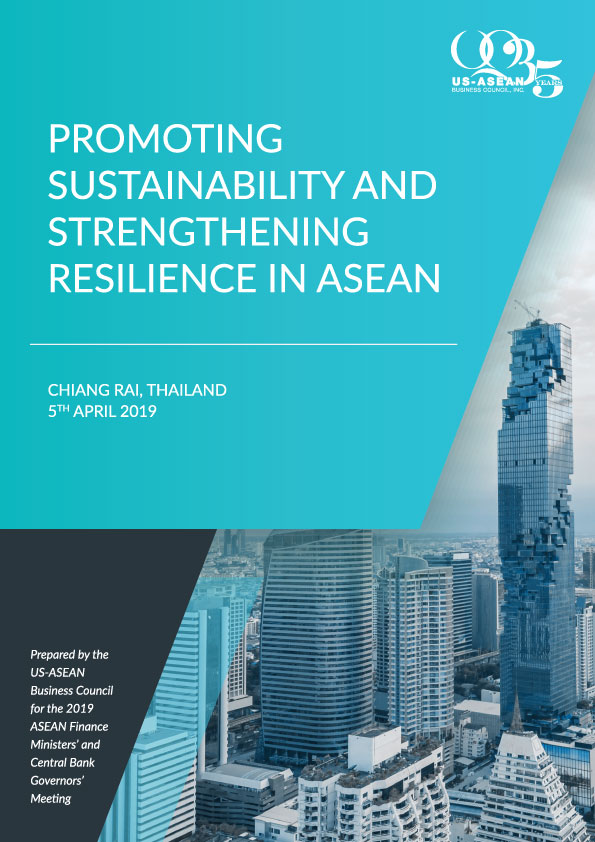Trump Administration Revives and Expands Drug Pricing Reform Through Most-Favored Nation Executive Order

On May 12, 2025, President Trump signed an executive order (EO) aimed at lowering prescription drug prices in the U.S. by instructing his administration to develop and implement a policy based on a most-favored-nation (MFN) pricing model. The order directs federal agencies, including the Department of Health and Human Services (HHS), within 30 days from the EO issuance, to take action to ensure that Americans do not pay more for brand-name, single source drugs than consumers in comparable developed countries. A follow-up statement from HHS on May 20 clarified the intent to apply MFN pricing, also known as international reference pricing, to drugs, without generic or biosimilar competition, using benchmarks drawn from countries in the Organization for Economic Co-operation and Development meeting specific GDP threshold. Unlike the narrower 2020 directive focused solely on Medicare Part B, the 2025 EO signals a broader USG policy, potentially affecting multiple federal programs and even hinting at applying the policy to private markets.
The implementation of MFN pricing has also raised legal procedural and international trade policy questions. Courts (Maryland, California, and New York) previously granted a nationwide preliminary injunction, which precluded implementation of 2020 MFN policy, after finding the administration was unable to demonstrate why notice and comment would be detrimental to the public interest, underscoring that the “good cause” justification advanced by the agency is “insufficient to dispense with the notice and comment procedures, which are required under the Administrative Procedures Act and are essential to ensuring civil participation in the rulemaking processes and informed agency decision making.” The next administration formally withdrew the MFN Model on December 27, 2021, making the cases moot and unnecessary.
In 2022, a Supreme Court decision emphasized that executive agencies, such as HHS “are creatures of statute [and] accordingly, possess only the authority that Congress has provided” them. With the Inflation Reduction Act of 2022 already granting HHS the authority to negotiate drug prices for certain Medicare-covered drugs, the new EO creates possible overlaps and conflicts with existing price negotiation frameworks. The new EO also neither defines "MFN price" nor provides any instruction as to how the Secretary should calculate the MFN price. The new EO also stipulates that absent "significant progress" toward lower prices in America, the Secretary of HHS "shall propose a rulemaking plan to impose [MFN] pricing" on manufacturers. The new EO does not say whether the rulemaking plan would be applied exclusively to federal health care programs—such as Medicare, Medicaid, and CHIP—or if HHS should attempt to set drug prices paid by private parties, including employer-sponsored private health plans where legal experts note that the statutory authority remains unclear. Additionally, the EO’s directive for exploring direct-to-consumer purchasing and potential drug importation introduces further complexity, making the path forward both ambitious and ambiguous.
In terms of trade policy, the EO also calls for the USG to engage foreign governments to reform domestic policies or regulations to enable prices for similar categories of drugs to rise in their economies. Clearly, getting foreign governments to agree to increasing drug costs for their citizens, particularly those with national public healthcare systems, is likely to be very difficult politically. Hence, the idea that the Trump Administration would potentially use trade policy, including imposing tariffs on American importers of goods made in foreign countries, as a policy instrument to get foreign governments to change their national healthcare systems would be unprecedented. Lastly, while to date generic pharmaceuticals have been excluded from higher universal US import tariffs, the Trump Administration has signaled that it is exploring the use of tariffs as a policy instrument to incentivize greater “onshoring” of America’s pharmaceutical supply chains.









